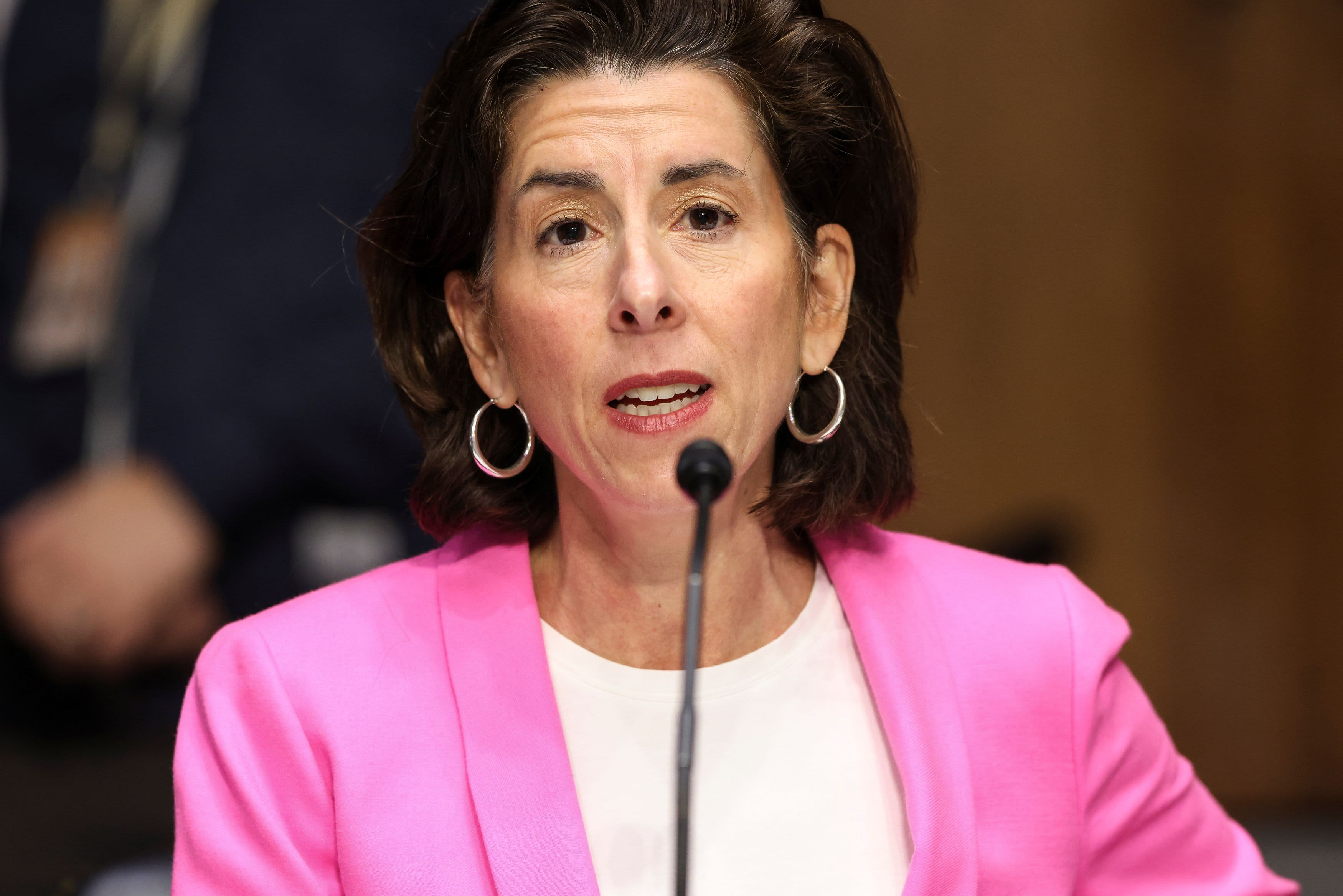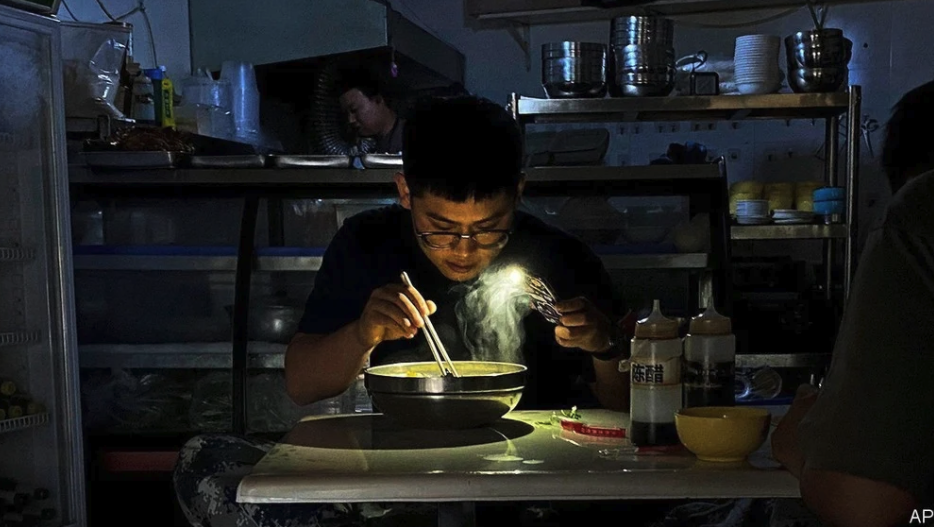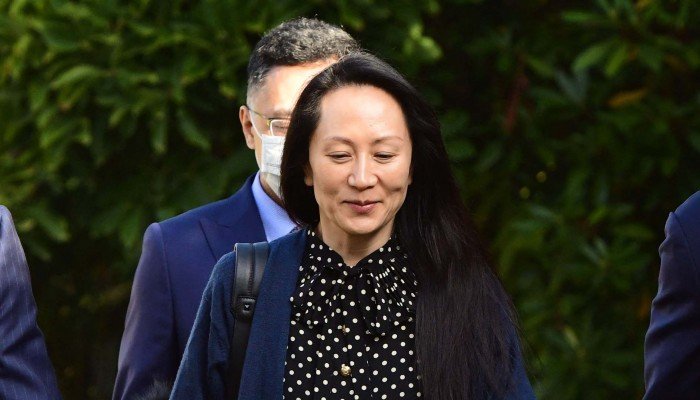
 Great Power Coopetition
Great Power CoopetitionU.S. Commerce Secretary Gina Raimondo has announced plans to lead delegations of chief executives to China to seek business opportunities and improve bilateral relations. In an effort to improve U.S. business ties with China, Raimondo will pursue mutual profit at a time of increasing tensions between the two nations over national security and human rights.
The plan was announced ahead of a speech on Tuesday, in which Raimondo outlined her economic agenda for countering China's economic influence and addressing longstanding U.S. issues with the Chinese government's treatment of U.S. companies.
Raimondo has accused the Chinese government of preventing its domestic airlines from buying "tens of billions of dollars" of U.S.-manufactured Boeing airplanes, saying that China is not abiding by commitments to buy U.S. goods it made in 2020 as part of a trade deal with the previous administration.
"The international community sees very clearly who has been wielding the big stick of sanctions, and politicizing and weaponizing economic issues with ideological prejudice in the past few years," responded the Chinese Foreign Ministry's spokesperson Hua Chunying.
In a bid to curb China's market influence, the United States and the European Union have separately agreed to strengthen transatlantic cooperation and become more unified in their screening of investments in sensitive dual-use technologies and on the development of artificial intelligence.
Read An Gang's "Shaping U.S.-China Coopetition", diving into U.S.-China roadblocks and diplomacy efforts.
 Gone Dark
Gone DarkAt least nineteen of China's provinces, including many of its industrial heartlands, have suffered power shortages in recent weeks, because of the high price of coal. China's bold plan to achieve carbon neutrality by 2060 is somewhat to blame, as China has curbed its coal production, which accounts for 70% of the country's electricity generation.
The power cuts threaten to contract China's slowing economy and impact global supply chains ahead of a busy holiday shopping season in the West, which relies heavily on goods from China.
The price of energy-intensive goods such as aluminum and steel are already surging, putting pressure on construction and pushing up costs for downstream industries. With many of China's export-driven factories springing back to life, electricity demand has risen and driven the price of coal up. In some provinces, electricity is now twice as expensive, forcing outages in large parts of the country and threatening China's economic growth. One estimate showed China experiencing the first contraction in manufacturing activity since the Covid-19 pandemic began.
Read Zhang Monan's piece, "China's Carbon Commitment", about the challenges of the world's largest emitter seeking reduction.
 Captive Statecraft
Captive StatecraftHuawei Chief Financial Officer Meng Wanzhou was given a hero's welcome upon return to China, almost three years after her arrest in Canada. The deal came after Meng pleaded not guilty to charges against her, but as part of a deal with the U.S. government admitted to making multiple material misrepresentations regarding Huawei's business operations in Iran.
Believing that the admission would be advantageous in its broader case against Huawei, the U.S. Justice Department agreed to Meng's release, raising concern that the U.S. was engaging in "hostage diplomacy." Hua Chunying told reporters a few days later that the incident "once again proves" that Chinese citizens can rely on the Communist Party to "have their back."
As the two nations try to resolve their competing interests, U.S. and Chinese military officials have been holding "frank, in-depth" talks this week on a range of defense issues. On Thursday, Chinese Defense Ministry spokesperson Wu Qian said the sides "exchanged in-depth views on relations between the two countries and the two militaries and issues of common concern."
The broader question is whether the U.S.-China relationship can recover from the strained ties of the Trump era. With the G-20 scheduled for the end of October, all eyes are focused on the possibility of a meeting between Xi and President Joe Biden.
Prepared by China-US Focus editorial teams in Hong Kong and New York, this weekly newsletter offers you snap shots of latest trends and developments emerging from China every week, while adding a dose of historical perspective.
- 2021-09-24 Sign of Goodwill?
- 2021-09-17 State of Play
- 2021-09-10 The Last Word
- 2021-09-03 Heightened Frustrations
- 2021-08-27 China’s Backyard
- 2021-08-20 Graveyard of Empires
- 2021-08-13 A New Crossroads
- 2021-08-06 Lowering Barriers
- 2021-07-30 A Diplomatic Stalemate
- 2021-07-23 A Climate for Change
- 2021-07-16 The Trade Game
- 2021-07-09 Existential Threats
- 2021-07-01 Centenary Celebrations
- 2021-06-25 Critical Crossroads
- 2021-06-18 Part of the Club
- 2021-06-11 Retaliatory Legislation
- 2021-06-04 "Defanging" Diplomacy
- 2021-05-28 The End of an Era?
- 2021-05-21 One Step Forward, One Step Back
- 2021-05-14 Drifting Trade Ties
